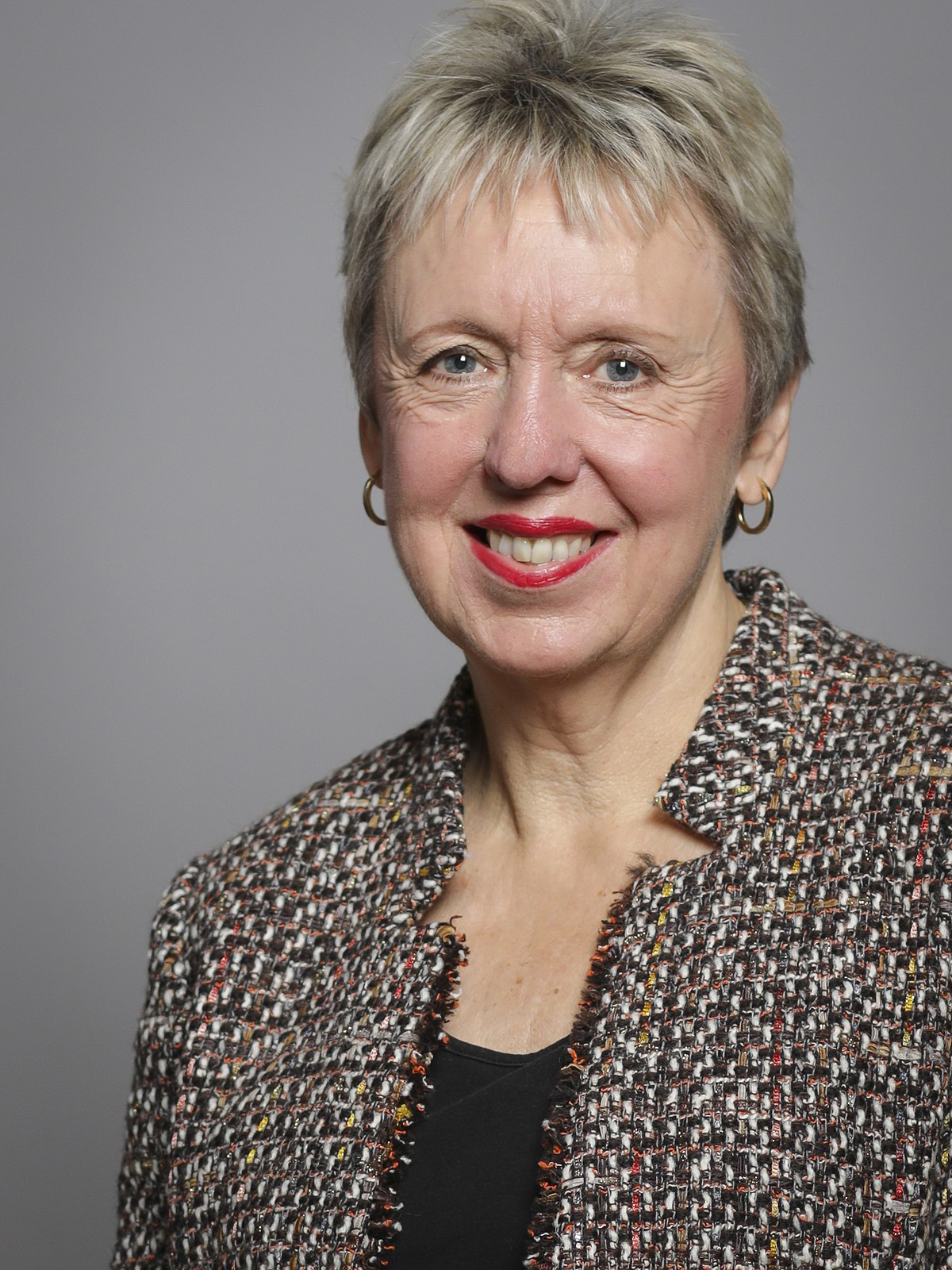The Education (Non-Religious Philosophical Convictions) Bill sounds a bit of a mouthful, but its intention is quite simple. It ensures children can grow up with the understanding that we live in a society which is rich and diverse, with people who have all sorts of religious beliefs and none, and they can all be respected.
There should be room for everyone to have a view, and the more that we know about how other people think, the more we can appreciate how we can all fit into an inclusive and tolerant society.
The term “philosophical conviction” in the title is found in case law in the European Convention on Human Rights, which the UK is signed up to. The Convention states that the education and teaching of children must be in line with their parents’ “own religious and philosophical convictions”.
Therefore, when teaching religious education, non-religious philosophical convictions or views must be given equal respect to religious views. Those non-religious views are termed “worldviews”, and the Bill would rename the subject “Religious Education” as “Religion and Worldviews”, or RW for short.
Why is it necessary to include worldviews in the syllabus? Because the British Social Attitudes Survey consistently shows that half of British adults, and two-thirds of 18 to 24 year-olds, say they do not belong to any religion.
So the Bill brings Britain into line with international law. Article 9 of the Convention says “The State must accord equal respect to different religious convictions, and to non-religious beliefs: it is not entitled to discriminate between religions and beliefs on a qualitative basis: its duties must be performed from a standpoint of neutrality and impartiality as regards the quality and validity of parents’ convictions.”
But what about Faith Schools, which teach a specific religious standpoint? My Bill doesn’t apply to them.. Faith schools’ right to teach faith-based religion will be untouched. Voluntary-aided faith schools and academies which were previously voluntary-aided schools will still be able to teach RE in line with the particular faith of the school and, just as now, parents will be able to request the locally agreed syllabus as an alternative.
I would hope these schools would in any case choose to teach other religions and worldviews for the same reason I believe all other schools would: to enable children to understand and respect other views in the society in which they live.
The remaining two-thirds of schools, which do not have a religious character, will be able, as now, to get their agreed syllabus from their local council or, in the case of academies, devise their own. RW would replace RE, as currently set out in the agreed syllabus conferences, which would be reformed to also include representatives of non-religious worldviews. Humanists, Secularists and other groups will be able to advise.
Indeed, this approach is supported by the subject association, the Religious Education Council of England and Wales, and is in line with the recent Commission on RE, chaired by the then Dean of Westminster. The Commission recommended that the subject be renamed Religion and Worldviews, and this has been RE Council policy since 2018.
Religious Education is a devolved matter, but Wales has already led the way by changing their statute to accord with the caselaw in Fox vs Secretary of State for Education.
This 2015 judgement was a case taken under Article 9 of the Convention on Human Rights and Article 2 of the First Protocol, which stated ‘The State must accord equal respect to different religious convictions and to non-religious beliefs: it is not entitled to discriminate between religions and beliefs on a qualitative basis: its duties must be performed from a standpoint of neutrality and proportionality as regards the quality and validity of parents’ convictions.’
Don’t get me wrong: many schools already do a great job already in teaching other religions and worldviews. This was the argument the Government used in response to an amendment similar in effect to this Bill by cross-bencher Lady Meacher.
But many schools don’t, and being able to do something and actually doing is are not the same things. Too many schools and too many locally agreed syllabuses still fail to afford equal respect to non-religious worldviews.
They go against the judgement in the Fox case and the consensus in the subject community. But who can blame them, when the current statutory position is unclear and they are expected to follow a non-inclusive locally agreed syllabus?
That is why this Bill is needed, otherwise the government should explain to all the parents – particularly the 50% who are non-religious, why the government is flouting international conventions it has signed up to, and why their children should be denied the opportunity to learn about and respect different views in the world, in all their richness and diversity.

